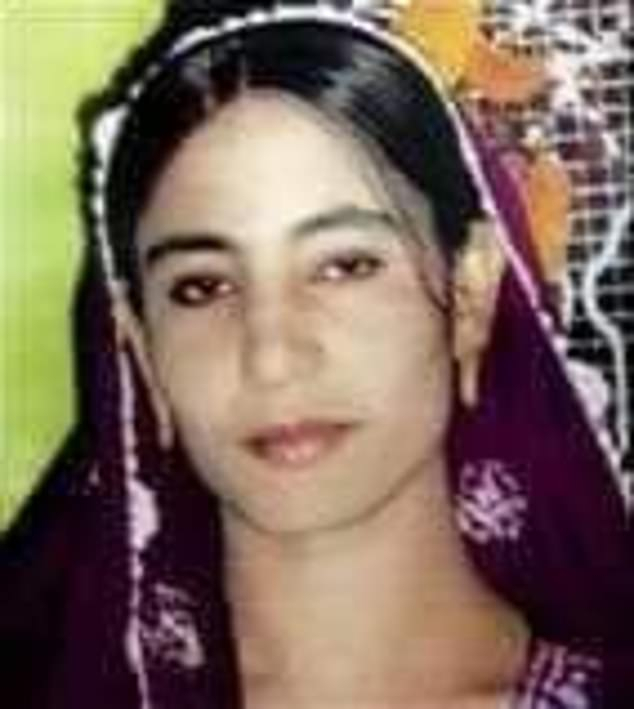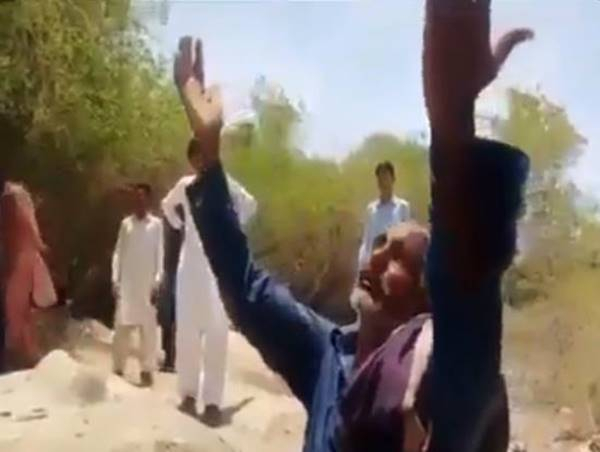A 24-year-old woman was stoned to death in rural Pakistan's Jamshoro district in an alleged case of honor killing by her husband and his brother.
According to local news reports, the 24-year-old woman identified as Waziran was killed by stone-pelting and she was also repeatedly assaulted by a wooden stick in case of honor killing.

Her severely mutilated dead body was later abandoned on a highway in rural Sindh on June 27. The police have arrested the two accused - her husband Allah Baksh and his brother Kareem Baksh.
According to Pakistan Today, Waziran's father Gul Muhammad initially had told the police that her death was an accident but the father retracted his statement later, claiming that his daughter was murdered by her in-laws over "Watta Satta", a tribal tradition practiced mostly in Pakistan and Afghanistan, where-in a brother-sister pair is married off to the same family.

The custom of "Watta Satta", which translates to "give and take" is aimed at ensuring that the husbands are less abusive to wives. The tradition, however, has been long criticized by human rights organizations as often it backfires and women find themselves at the center of violence when family feuds occur.
Video Shows Waziran's father crying over her grave
Why was Waziran killed? What is Watta Satta?
The stoning incident in Pakistan gained limelight after a video purporting to father of Waziran crying at his daughter's grave and begging for justice was shared on Twitter by Pakistani human rights lawyer Ayaz Latif Palijo.
"The rural feudal and tribal areas of Pakistan have been turned into killing fields for women," Palijo wrote on Twitter. Soon after that, the police in Pakistan formed a joint investigation team to probe the matter.
Waziran's husband allegedly has told the police that she was killed by her own family as they disapproved of her marrying him.
Local news sources in Pakistan, however, connect the murder to the issue of Watta Satta or bridal exchange. According to an editorial published in The Nation: "Bridal exchange—often criticized as a double-edged sword—dealt a fatal blow to Waziran, after her husband's family refused to fulfill their part of the promise."
The editorial further observed that the practice was so common that almost one-third of marriages in rural Sindh were carried out based on bridal exchange. The practice was rationalized "by saying that parents become willing to restrain their son from abusing the wife because of retaliation in kind to his sister by her husband."
"But this argument holds no water. In so many cases brothers do not hold their female siblings in high regard or one of the two families simply does not keep its end," the editorial emphasized.








